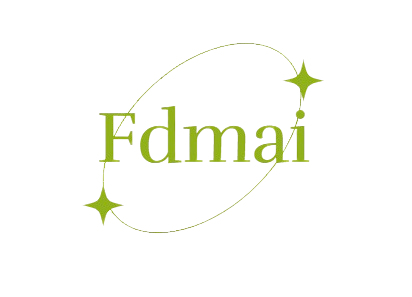Exploring identity is a profound theme that permeates literature, offering readers insights into the complexities, struggles, and intricacies of the self. From coming-of-age tales to explorations of culture and belonging, these novels delve deeply into what it means to identify oneself in a multifaceted world. Here are some of the most intriguing novels that focus on identity:
- “The Namesake” by Jhumpa Lahiri
This Pulitzer Prize-winning novel follows Gogol Ganguli, the son of Bengali immigrants in America, as he grapples with his cultural identity and the implications of his name. The book beautifully captures the immigrant experience and the struggle to reconcile personal wants with familial and cultural expectations.
- “Invisible Man” by Ralph Ellison
A landmark in American literature, this novel explores the journey of an unnamed African American protagonist as he navigates societal invisibility and racial identity. The narrative digs into themes of race, individuality, and self-discovery, using rich symbolism to showcase the complexities of being seen and unheard.
- “The Brief Wondrous Life of Oscar Wao” by Junot Díaz
This Pulitzer Prize-winning novel tells the story of Oscar de León, a Dominican American boy obsessed with fantasy literature who struggles with his identity amid family curses and cultural history. The book intricately weaves themes of urban life, diaspora, and personal aspiration, making it a powerful exploration of identity.
- “The Underground Railroad” by Colson Whitehead
In this Pulitzer Prize-winning novel, Whitehead reimagines the historical Underground Railroad as an actual railroad, following the harrowing journey of Cora, a young enslaved woman. The story examines identity through the lens of race, freedom, and personal agency, illuminating the impact of history on one’s sense of self.
- “Beloved” by Toni Morrison
Morrison’s novel tells the haunting story of Sethe, an escaped enslaved woman who is haunted by the trauma of her past and the ghost of her deceased daughter. The exploration of identity here is deeply entwined with trauma, memory, and the complexities of motherhood, making it a powerful narrative of resilience and self-discovery.
- “The Kinship of Secrets” by Eugenia Kim
This novel explores the lives of two sisters divided by the Korean War—one in the United States, the other in North Korea. The story delves into themes of identity shaped by geographical and political divides, as well as the personal struggles to maintain familial bonds amidst the chaos of war.
- “Americanah” by Chimamanda Ngozi Adichie
A powerful exploration of race and identity, this novel follows Ifemelu and Obinze, young lovers from Nigeria, as they navigate their lives and identities in America and Britain. The narrative examines the complexities of race, cultural assimilation, and the nuances of identity in different societal contexts.
- “The God of Small Things” by Arundhati Roy
Set in Kerala, India, Roy’s novel weaves a complex narrative about twins Estha and Rahel, who become entangled in familial and societal expectations while grappling with issues of caste, love, and loss. The intricate storytelling and lush prose highlight the intersection of personal and collective identity.
- “Homegoing” by Yaa Gyasi
This thought-provoking novel traces the lineage of two half-sisters, Effia and Esi, spanning generations from 18th century Ghana to present-day America. The book addresses themes of identity through the lens of heritage, slavery, and the diaspora, revealing how history shapes one’s sense of self.
- “The Bell Jar” by Sylvia Plath
A semi-autobiographical novel, “The Bell Jar” chronicles the life of Esther Greenwood, a young woman struggling with mental illness and the societal expectations placed upon her. Plath’s exploration of identity, femininity, and mental health provides a haunting perspective on the quest for self-understanding.
Conclusion
These novels delve into the intricate layers of identity through various lenses, including culture, race, history, and personal experience. Each story prompts reflection and insight, inviting readers to consider their own identities in relation to the wider world. Whether through the lens of immigrant experiences, historical trauma, or personal struggles, this collection captures the essence of what it means to seek, understand, and embrace one’s identity.











